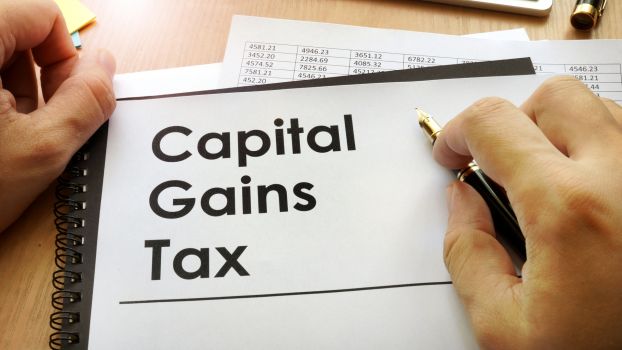
It’s hard to imagine that too many people, certainly in this age, are attempting to make short term gains from property, however, given how rapidly prices are growing in the market right now, it’s easy to see how this could become more frequent.
For a time in the late 90’s and early 2000’s, property ‘flipping’ became all the rage and was an extremely popular way of turning a quick profit.
Flipping, at the time, was where property investors were taking out interest only mortgages on properties and waiting short periods, of often only a few months, before selling them on at a decent profit. The reason many were able to do this was because property prices were growing so rapidly that it wasn’t uncommon to make up to £10,000 in profit in just over a few months.
The market across the UK now is clearly in a different space, and buy-to-let is in a much more sustainable place, with the tax and legislative landscape much changed from the early 2000’s.
Having said that, we are in a period where house prices are growing nearly as quickly as they were back then, with the ONS reporting rises of 10.2% in the year to March, which is the quickest growth since 2007.
So, are we likely to see a return to the short-termism of the early 2000’s?
Capital Gains Tax
One significant difference between now and then is that the government is much more effective at taxing these types of sales and transactions, having realised that property investment had exploded into an industry all of its own.
As detailed by Which, “Basic-rate taxpayers pay 18% on gains they make when selling property, while higher and additional-rate taxpayers pay 28%. With other assets, the basic-rate of CGT is 10%, and the higher-rate is 20%. Bear in mind that any capital gains will be included when working out your tax status for the year and may push you into a higher bracket. All taxpayers have an annual CGT allowance, meaning they can earn a certain amount tax-free. In 2021-22 you can make tax-free capital gains of up to £12,300 – the same as 2020-21. Couples who jointly own assets can combine this allowance, potentially allowing a gain of £24,600.”
In an article for the Financial Times, it is reported that the government is currently under pressure to increase the time you have to report these, but given that the taxing of the sale of buy-to-let property is now so much more efficient, what does this mean for investors?
Long term
For some time now UK buy-to-let has been one of the most popular long-term investments, not just in this country but across Europe and beyond.
Rising house prices are just one small element of that, and extremely strong yields are a much more prominent driving factor for this popularity.
In many parts of the country landlords and investors are able to get yields in double digits which, when compared with European and US markets, is seriously impressive.
Of course, it should be said that property should be considered a longer term investment regardless, however, there will always be times when investors need to liquidise their assets, and as long as that isn’t done often, then capital gains tax doesn’t become more of an issue.
If you’re looking to buy property to flip and sell then that’s really the reserve of those who buy at auction and renovate, as normal buy-to-let would create far too large a tax bill if you did this regularly.
Instead, and what we see from the most successful clients, is that they build a portfolio of strong yielding property across the UK and earn a significant income whilst also allowing their asset to appreciate in value over the longer term, and this is the smart way to invest in property.
